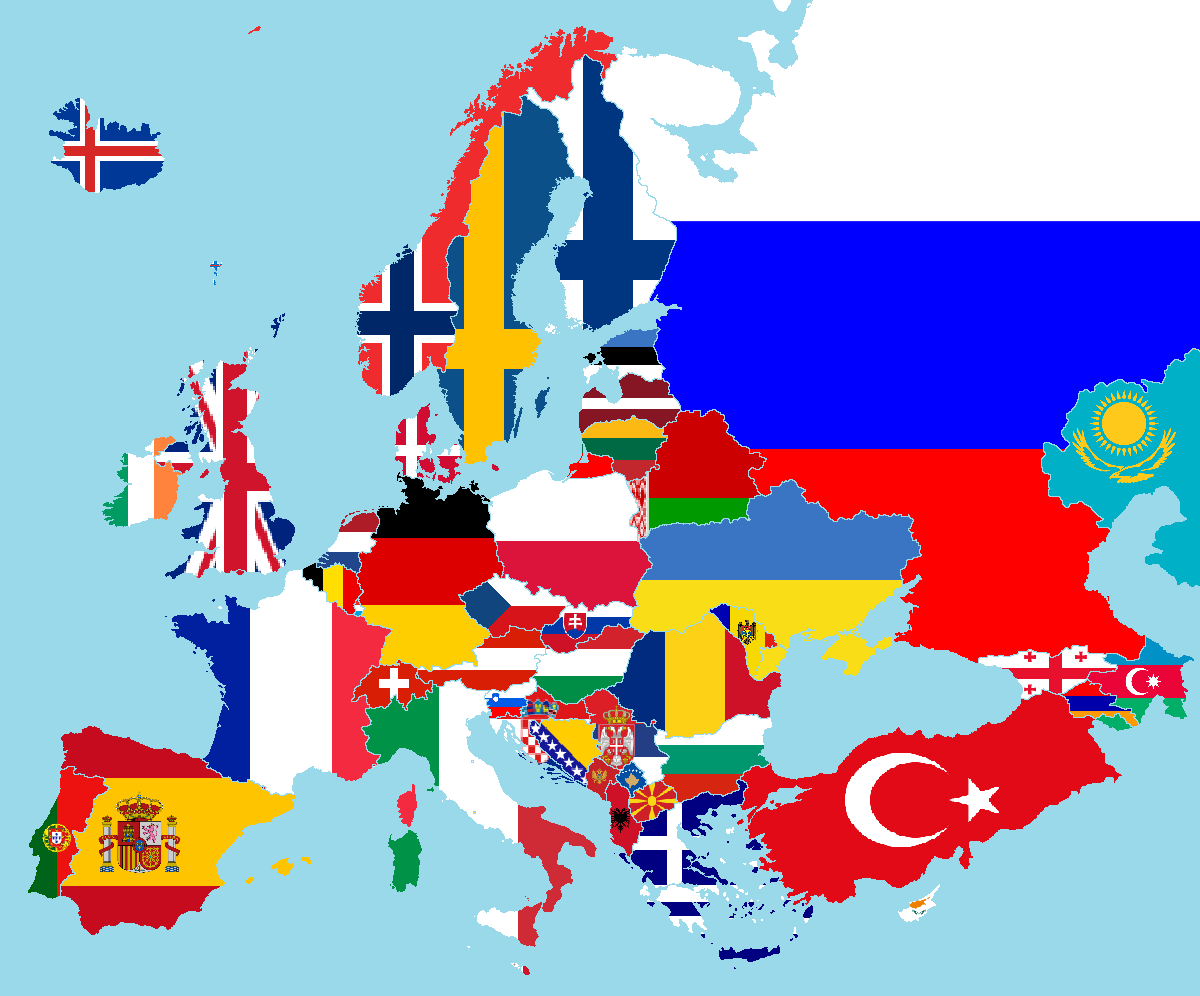PARIS, March 15 (Xinhua) -- To cut oneself off from foreign markets by means of discriminatory measures is formally banned by European treaties, affirmed Frederique Berrod, professor of European law at the Political Sciences Institute of Strasbourg (IEP).
In an exclusive interview with Xinhua, Berrod discussed the legal reality of the European Union (EU) and analyzed why the National Front (FN) party in France has made protectionism its warhorse.
"The treaties on which the EU is based clearly eliminate all possibility to fall back on protectionism," she said.
Article 2 of the Treaty erects non-discrimination as a value of the 28 member states. Article 18 prohibits the use of discriminatory measures in order to close a national territory. It is the same thing which concerns article 34 related to non-tariff barriers to exchange.
Finally, article 110 conditions the legality of fiscal taxes on the sole fact that they are not protectionist, explained Berrod, who is also a professor at the College of Europe in Bruges, Belgium.
Even so, populist parties, with the FN first of all, have not stopped presenting protectionism as the remedy for all ills.
After Brexit, the scenario of a "Frexit" has been evoked in the case of the victory of FN leader Marine Le Pen in the French presidential elections in April and May.
If Le Pen is elected, she affirmed that her first decision would be to go to Brussels "in order to open negotiations on the return of the four sovereign powers -- monetary, legislative, budgetary and territorial".
"We already see the difficulty to conceive of a Brexit even when the United Kingdom disposes of its own currency," Berrod said.
Each facet of the life of a country is closely linked to that of its neighbor, and each level of decision depends on another, she said.
"Brexit shows that even the withdrawal from the EU is not simply a national decision, be it democratic, but that to unravel its membership with Europe is a high-risk political operation that no one really masters," she pointed out.
The professor at the IEP also shone a light on the drift in the language of Le Pen concerning the euro.
"She has passed from a position where she was very favorable toward an exit from the euro to a posture where she promises the return to the people, almost like a magic formula. This seems like a confession of powerlessness to construct a feasible scenario," Berrod said.
"I'm not sure that this question would be as clear as that within the party," she said.
If elected, Le Pen has promised to organize a referendum on an exit from the EU within six months of the election, after having negotiated with European partners.
According to a study by the Montaigne Institute, the decision to leave the euro promoted by the FN would cost 9 percent of gross domestic product in the long term, and a half million jobs, as well as having a negative impact on the French economy by 2.3 percent at the end of a year.
Berrod lamented about the "nihilistic side and the political vacuity of the presidential campaign", saying there hadn't been any real debate on the economy, Europe, social issues or the role of the state.
"One reason for this is the media attention taken up by scandals, but also because the left-right divide has left space for the opposition between those who would defend openness against those who plead for closing off. That's where Emmanuel Macron makes his move," she added.




 A single purchase
A single purchase









